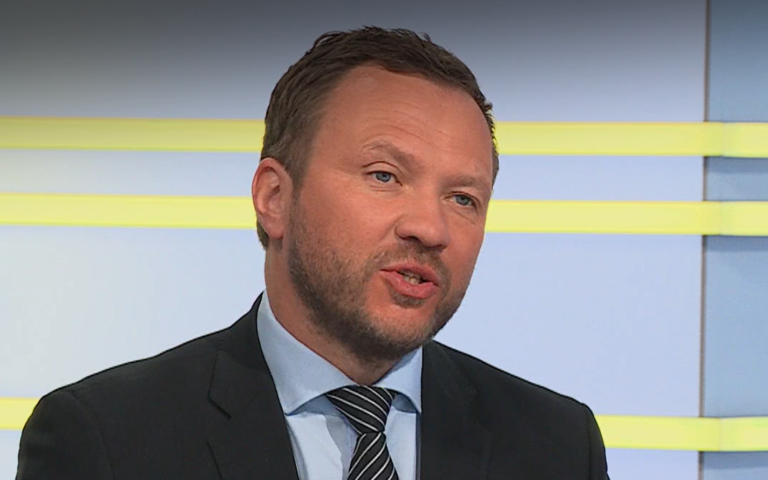Ukraine has established a new “uResidency” E-residency programme with the help of the Estonian e-Governance Academy (eGA) and the EU-financed EU4DigitalUA and DT4UA projects.
The programme is meant to attract foreign investments in Ukraine and to bring it closer to the EU’s digital market. All of the uResidency services are available remotely.
“Thanks to technologies, we can create products which attract funds to Ukraine and promote the brand of an innovative country,” explains Ukraine’s deputy prime minister for innovation, education, science, technologies, and minster for digital transformation Mykhailo Federov. “One of these projects is uResidency, which is a revolutionary project to offer foreigners great services so that they can do business in Ukraine and support our economy. There are only a few comparable projects elsewhere in the world. We’re already offering E-residency with the most favourable conditions for people from the business community. uResidency will also support our economy during the current war and after our victory.”
The uResidency programme is part of a broader EU effort to help with Ukraine’s integration into Europe and its digital transformation. Support for initiatives such as uResidency allows the EU to help Ukraine align its economic and regulatory frameworks with European standards. This is a key step toward future EU membership.
“The European Union is proud to support uResidency, which a brilliant example of Ukraine’s digital excellence,” says Katarína Mathernová, who is the EU’s ambassador to Ukraine.
Development of the programme began before Russia’s full-scale invasion in 2022, and it was finalised via the EU4DigitalUA and DT4UA projects that were organised by the Estonian e-Governance academy.
The academy’s executive director, Hannes Astok, explains that “the e-Governance Academy has been supporting Ukraine’s digital transformation since 2012. In collaboration with the Ministry for Digital Transformation, we have built a secure digital ecosystem in Ukraine and helped to develop more than 50 of its most widely used digital services. Our team was also instrumental in developing Ukraine’s uResidency programme by sharing our best practices. This partnership stands as testimony of the united digital power of Ukraine, the European Union and Estonia.”
The uResidency programme will help foreign businesspeople, particularly those who own small businesses in Asia and Europe, to register and run their businesses on favourable terms and with convenient electronic tools. The main focus is on IT specialists who provide their services online in the creative economy. The programme will also help Ukraine to attract additional investments for the national budget. The banking sector will be stimulated by the expansion of digital products into foreign markets.
“uResidency will help tech businesses from all over the world to set up business in Ukraine quickly and conveniently,” says the Ukrainian deputy minister for digital transformation, Oleksandr Bornyakov. “They don’t need to visit Ukraine, because everything is online, starting with applying for the programme and ending with the withdrawal of funds to their account. uResidency will allow thousands of foreigners to run their own businesses under special tax conditions and with just a few taps on their smartphone.”
Elements of the programme include a 5% profit tax, the ability to register remotely as a sole proprietor and the capacity of conducting business from anywhere in he world via a mobile application and Web portal. Another advantage is the absence of accountancy and reporting requirements. uResidents don’t have to worry about this, because their bank will handle the processes as their tax agent.
Foreigners don’t need to travel to Ukraine to obtain uResidency. All that is needed is a one-time offline verification at the Ukrainian embassy or consular office back home.
The e-residency programme is open to citizens of India, Pakistan, Thailand and Slovenia at this time. The Ministry for Digital Transformation hopes to expand the list of countries gradually.
Source: BNS
(Reproduction of BNS information in mass media and other websites without written consent of BNS is prohibited.)


















